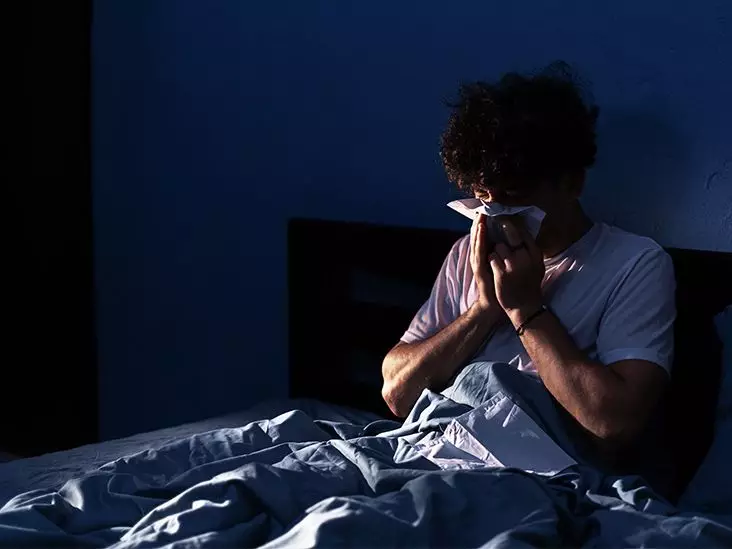Many individuals struggle with allergies, experiencing symptoms such as sneezing, itchy eyes, and nasal congestion. For some, these symptoms worsen at night, making it difficult to get a restful night’s sleep. The body’s circadian rhythms play a significant role in this phenomenon, influencing immune activity and exacerbating allergy symptoms during the nighttime hours. These internal biological clocks can lead to peak allergy symptoms at night, further complicating matters for those already struggling with allergies.
Environmental Allergens and Their Role in Nighttime Allergies
The environment itself can become a breeding ground for allergens, making nighttime allergies even more challenging to manage. Dust mites, pet dander, and mold thrive in bedding, carpets, and upholstery, intensifying symptoms for allergy sufferers. Additionally, pollen counts tend to be highest late at night and early in the morning, adding to the overall burden of nighttime allergies. These environmental allergens can lead to increased nasal congestion, stuffiness, and postnasal drip, making breathing and sleep quality a challenge for many individuals.
Nighttime allergy symptoms can vary widely from person to person but may include nasal congestion, sore throat, sneezing, itchy eyes, coughing, and wheezing. These symptoms can not only disrupt sleep but also lead to a lack of concentration and excessive daytime sleepiness. Furthermore, there is a potential link between allergies and sleep apnea, with allergies contributing to the development or exacerbation of sleep apnea symptoms. The congestion and inflammation associated with allergies can narrow airways, making breathing more difficult during sleep.
Managing Nighttime Allergies: Tips and Strategies
To effectively manage nighttime allergies, a multifaceted approach is necessary. Some strategies to reduce bedroom allergens, alleviate symptoms, and promote better sleep include:
– Allergen-proofing the bedroom with covers on pillows and mattresses
– Washing bedding regularly in hot water
– Using HEPA purifiers to remove airborne allergens
– Keeping humidity levels below 50% with dehumidifiers
– Using saline nasal sprays or irrigation systems to clear nasal passages
– Considering over-the-counter or prescription allergy medications for symptom relief
If self-care measures are not providing relief from nighttime allergies or if symptoms significantly impact one’s quality of life, it may be time to consult an allergist or immunologist. These specialists can conduct allergy testing to identify specific triggers and recommend personalized treatment options. Allergen immunotherapy, a treatment method that gradually desensitizes the immune system to allergens, can provide lasting relief for nighttime allergies and even lead to long-term remission of symptoms. With the guidance of a specialist, individuals can effectively manage persistent nighttime allergies and improve their quality of life.
It is important to recognize the impact of circadian rhythms and environmental allergens on nighttime allergies, as well as the potential link to sleep apnea. By implementing effective management strategies and seeking professional help when needed, individuals can better control their nighttime allergy symptoms and achieve a restful night’s sleep.


Leave a Reply